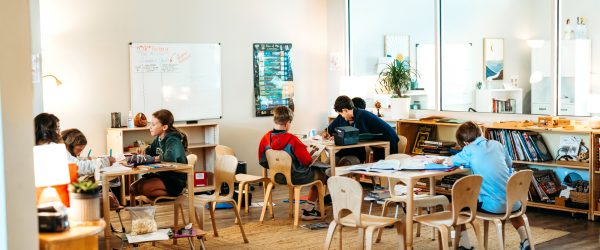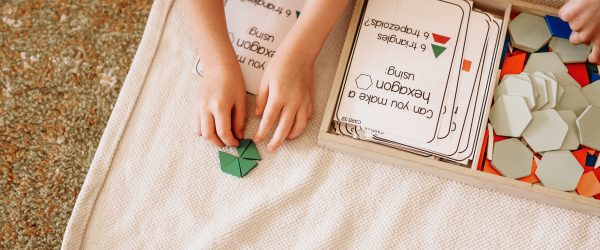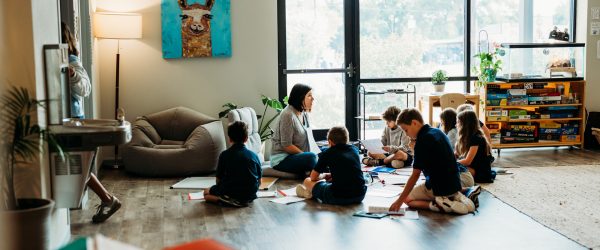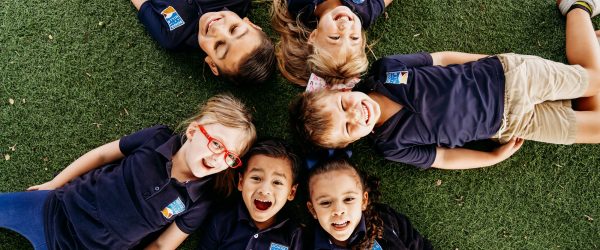A Pathway to Independent Learning
We believe in nurturing the whole child through a carefully structured learning environment. One of the cornerstones of our educational approach is the Montessori cycle in kindergarten, which supports children’s development through a series of thoughtfully designed stages.
A Prepared Environment for Exploration
We meticulously prepare our primary Montessori communities’ learning environment to encourage exploration and self-directed learning. Students choose activities that resonate with their interests and developmental needs, fostering a sense of autonomy and a genuine love for learning. This approach promotes intrinsic motivation and allows children to engage deeply with the concepts and materials at their own pace.
Leadership on Campus with Preparation for Grade School and Life
By the time students reach kindergarten, they are encouraged to embrace leadership roles within the classroom and throughout the campus. This unique aspect of the Montessori method allows them to mentor younger students, manage classroom materials, and help organize activities. These responsibilities enhance their self-confidence, instill a sense of responsibility, and cultivate collaborative skills essential for future interactions.
The Montessori cycle builds upon each child’s previous experiences and knowledge. As students progress through the cycle, they gain deeper insights and develop advanced skills. The kindergarten phase is particularly crucial, consolidating these skills and preparing children to transition to elementary school.
Critical Aspects of the Montessori Cycle:
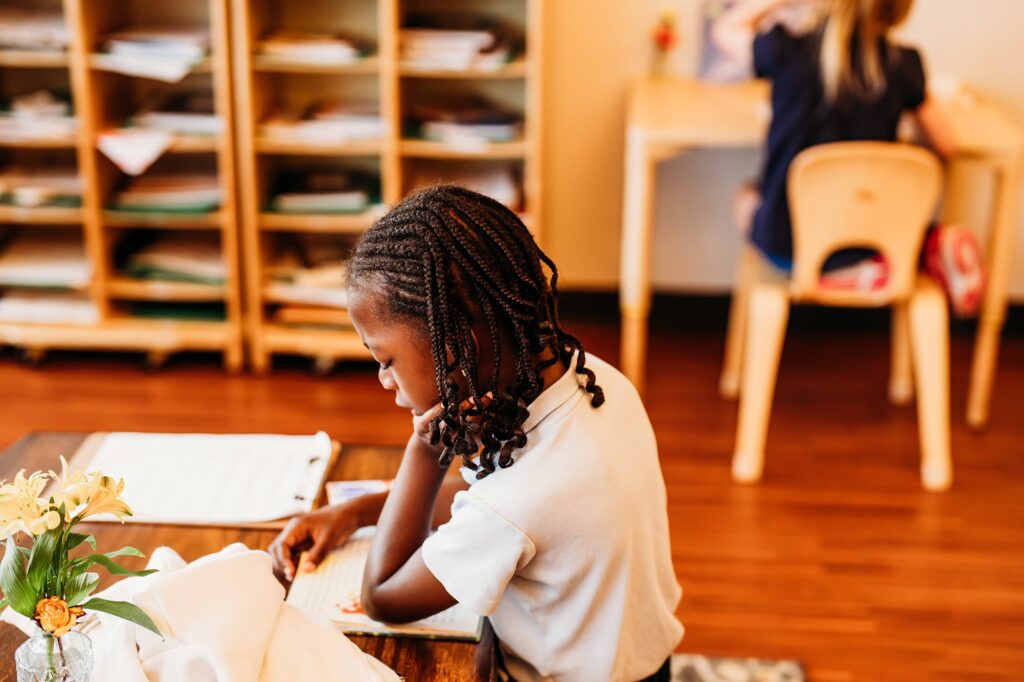
Independent Work
Children can select activities that align with their interests, promoting self-motivation and a lifelong love for learning.
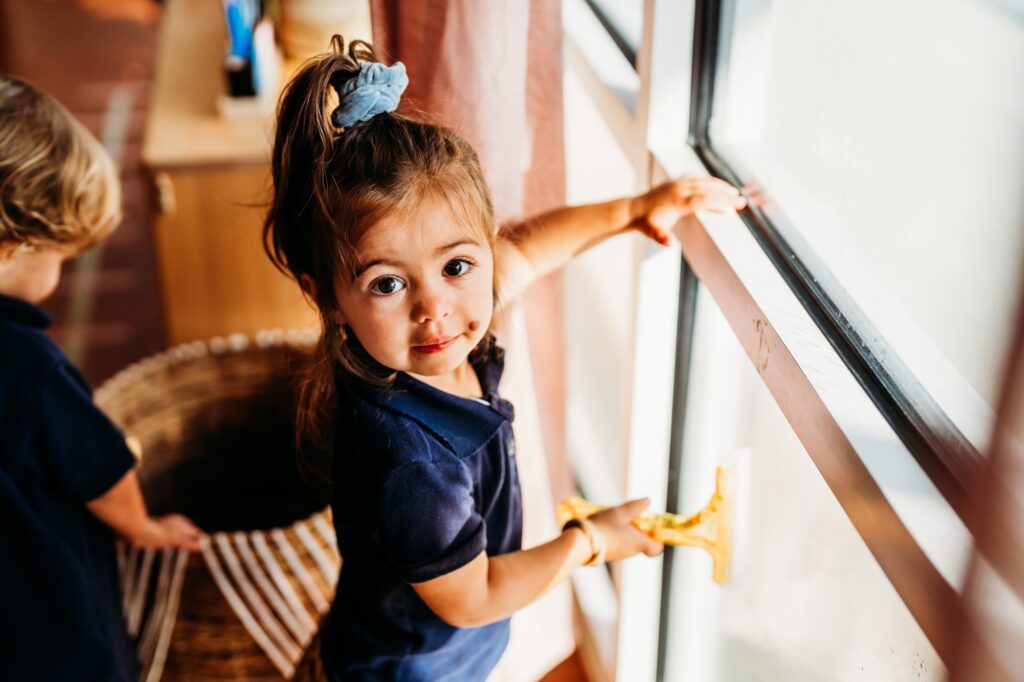
Practical Life Skills
Daily activities are integrated into the curriculum to help children develop essential life skills, including organization, time management, and effective social interactions.
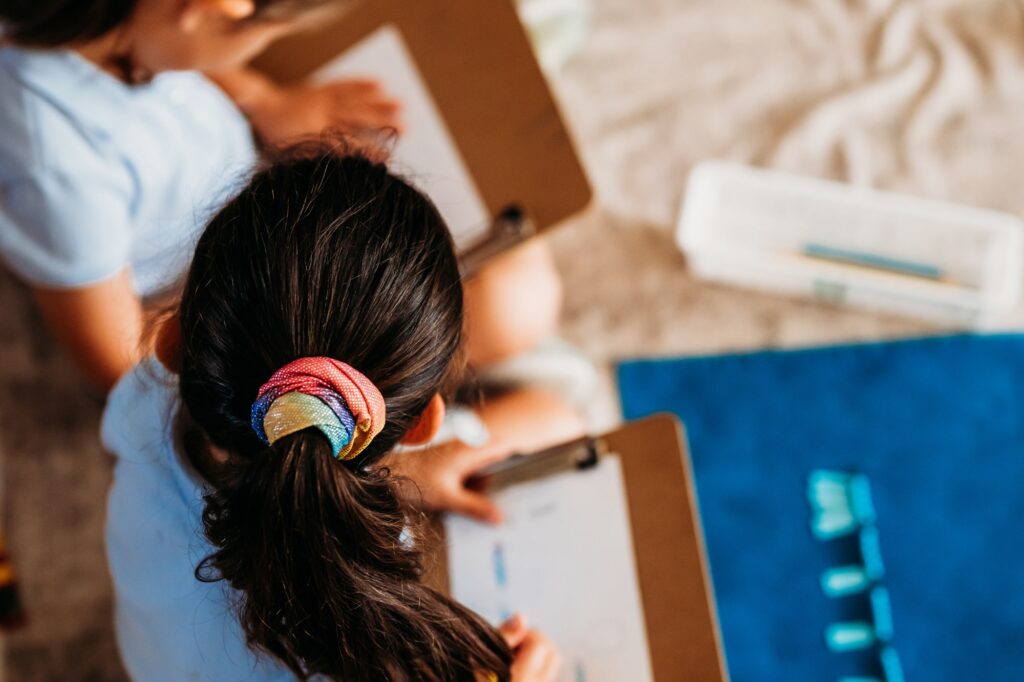
Montessori Materials
Our hands-on materials support experiential learning, allowing children to explore concepts in math, language, and science through direct manipulation. This tactile approach enhances understanding and retention of knowledge.





